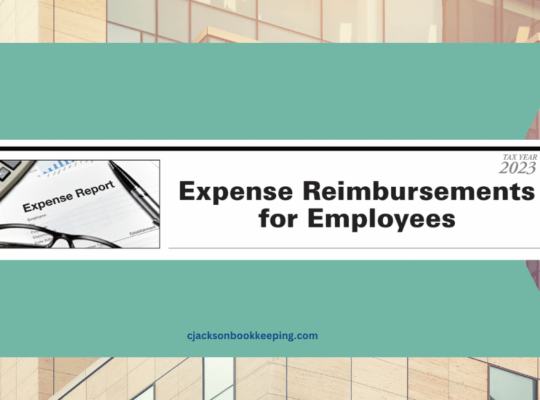Wills and Intestacy:
A will allows the testator (the person creating the will) to
specify:
- Who receives property at the testator’s death.
- Whether beneficiaries receive gifts outright or in trust.
- Who will act as personal representative.
- Who will be the guardian of minor children.
In the absence of a will, these matters are settled by state
law.
Who Needs a Will?
- Include persons who are not heirs. Wills are needed to
provide for a person who is not an heir under state law,
such as unmarried partners, stepchildren, friends, chari‐
ties, and in-laws. - Exclude an heir. Heirs are the persons who inherit an
estate under state law in the absence of a will. A will is
needed to prevent an heir from inheriting probate assets. - Minors and disabled adults. Trust provisions can be
included in a will to delay receipt of an inheritance or
to allow assets to be used on behalf of an adult who is
disabled. - Estate tax planning. Married couples can include trust
provisions to reduce estate tax.
Download the full, no strings attached, newsletter to learn more.
If you or someone you know are looking for a tax professional, feel free to contact Rajesh Gulati of Broad Crossing, Inc @ 1-703-786-4322 he is a tax professional who is also a member of our QBO Mastermind network of expert tax and bookkeeping professionals.
Join our email list to have weekly QuickBooks Online tips and tricks delivered to your inbox beginning January 2024. Simply sign-up at the bottom of this page.






